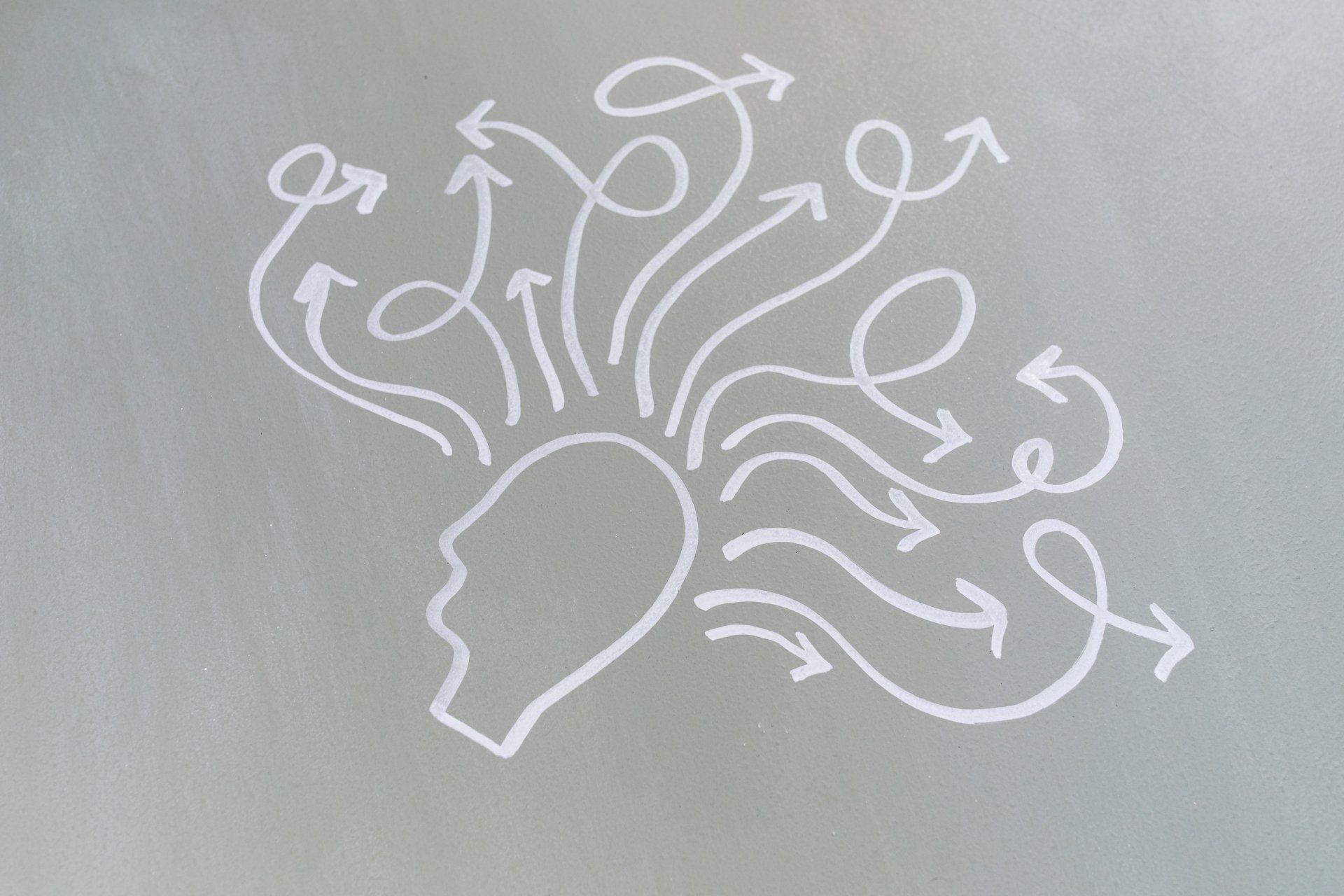Can Neurofeedback Treat a Concussion?
Can Neurofeedback Treat a Concussion?
A concussion can happen in a few seconds but can have symptoms that last months and
severely affect your everyday life. Concussions are common among athletes, especially those
involved in team sports, but they can also be caused by car accidents or bad falls. Symptoms of a concussion can include headaches, dizziness, nausea, and generally not feeling like yourself. Concussions often cause brain fog and can result in difficulty focusing, sleeping, and regulating emotions. It can take a few weeks, months, or in some cases, a year or more to heal from a concussion. Exploring possible treatments for concussion is important for starting the pathway to recovery, and there is research to support that Neurofeedback is a great option.
A concussion or mild traumatic brain injury (TBI) can lead to poor quality of life and cognitive
deficits. Many studies have evaluated the use of Neurofeedback therapy as a treatment for
concussion and TBI, such as a study published in the journal Clinical EEG and Neuroscience in
2016. This study used quantitative EEG Neurofeedback therapy to treat Post Concussion
Syndrome (PCS), which refers to long-lasting symptoms of a concussion that persist for over a
year. 40 subjects with PCS were involved in this study and took a variety of tests to measure
their symptoms such as their quality of life, attention deficits, and depression. The subjects
performed an average of 48 sessions of Neurofeedback training each. Long-term follow-ups
were completed for 39 of the 40 subjects for an average of 3 years after initial testing to monitor the effects of Neurofeedback for Concussion training. All but two subjects reported positive changes and no complications. Overall, the tests done before and after Neurofeedback training showed a general decrease in depressive symptoms, as well as an improvement in scores on the TBI index from moderate to mild. What is important to note from this study is that Neurofeedback
training is a treatment option that can be personalized to each individual’s needs. This study
points out the importance and growing need for personalization in medicine to ensure each
patient is receiving the best possible care.
In addition, a study published in the journal of NeuroRegulation in 2020 examined the use of
EEG Neurofeedback therapy as a treatment for moderate-severe TBI. 14 patients with PCS
participated in 20 sessions of Neurofeedback training, and their pre-and post-Neurofeedback
measures of PCS symptoms were examined. They noticed a significant decrease in the severity
of PCS after Neurofeedback training and concluded that Neurofeedback therapy an important
role in improving concussion symptoms when used as a treatment option.
Click here to read some more research about Neurofeedback Therapy and Concussions.
References
Surmeli, Eralp, E., Mustafazade, I., Kos, I. H., Özer, G. E., & Surmeli, O. H. (2017). Quantitative
EEG Neurometric Analysis–Guided Neurofeedback Treatment in Postconcussion Syndrome
(PCS): Forty Cases. How Is Neurometric Analysis Important for the Treatment of PCS and as a
Biomarker? Clinical EEG and Neuroscience, 48(3), 217–230.
https://doi.org/10.1177/1550059416654849
Gupta, R K., Afsar, M., Yadav, R K., Shukla, D P., & Rajeswaran, J. (2020). Effect of EEG
neurofeedback training in patients with moderate-severe traumatic brain injury: A clinical and
electrophysiological outcome study. NeuroRegulation, 7(2), 75-83.
https://doi.org/10.15540/nr.7.2.75











